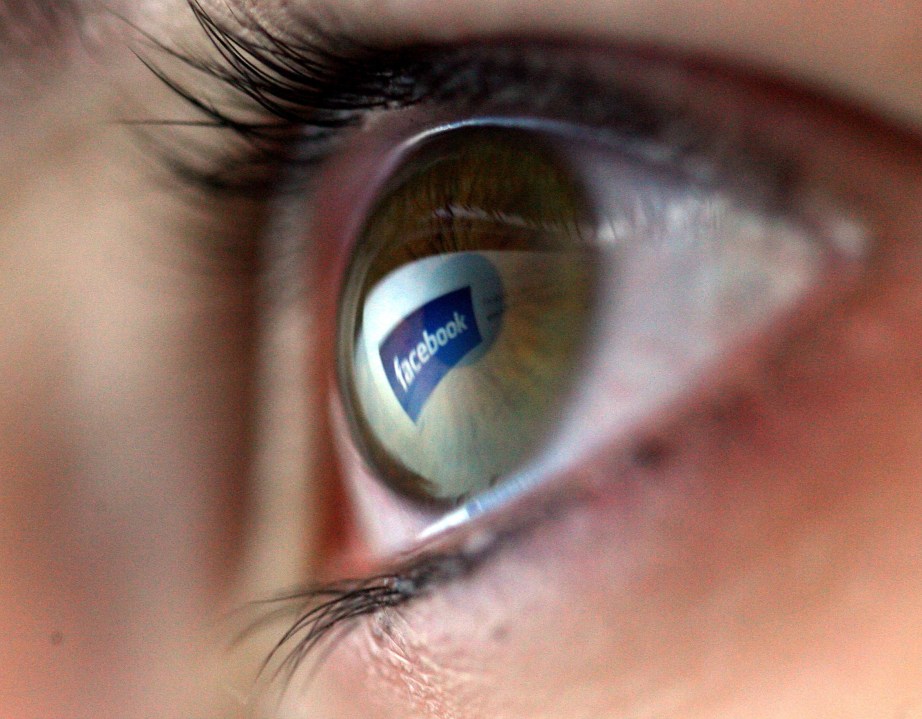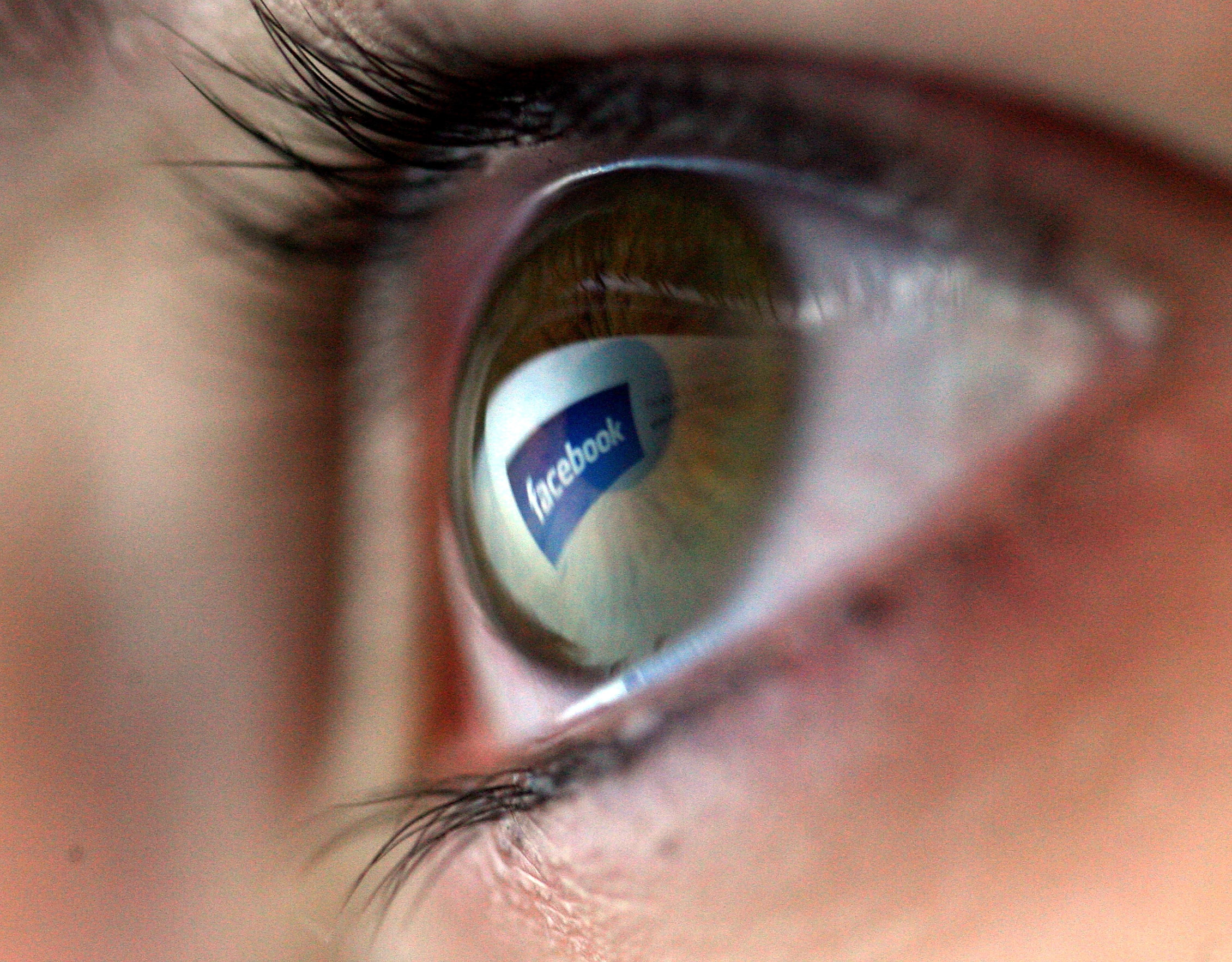 The Daily Mail has today picked up a scare story initially given (rather more nuanced) prominence by the Guardian’s ever-more influential Jackie Ashley. Speaking in a debate about social networking sites, Baroness Greenfield, Oxford neuroscientist and director of the Royal Institution, argued that the new digital technologies may actually be changing the brains of a generation as well as the means of communication that they have at their disposal. Web 2.0., in other words, may have neuroscientific consequences of immense importance. “My fear,” said Professor Greenfield, “is that these technologies are infantilising the brain into the state of small children who are attracted by buzzing noises and bright lights, who have a small attention span and who live for the moment.” She also wondered whether “real conversation in real time may eventually give way to these sanitised and easier screen dialogues.”
The Daily Mail has today picked up a scare story initially given (rather more nuanced) prominence by the Guardian’s ever-more influential Jackie Ashley. Speaking in a debate about social networking sites, Baroness Greenfield, Oxford neuroscientist and director of the Royal Institution, argued that the new digital technologies may actually be changing the brains of a generation as well as the means of communication that they have at their disposal. Web 2.0., in other words, may have neuroscientific consequences of immense importance. “My fear,” said Professor Greenfield, “is that these technologies are infantilising the brain into the state of small children who are attracted by buzzing noises and bright lights, who have a small attention span and who live for the moment.” She also wondered whether “real conversation in real time may eventually give way to these sanitised and easier screen dialogues.”
It is absolutely right that technology of this extraordinary scope and potential impact should be scrutinised, explored and subjected to analysis of all sorts by the best brains in all fields. Prof Greenfield is not only entitled but obliged to raise such questions. The trouble is when academic inquiry is seized and turned into knee-jerk Luddism. And what this media storm fails to acknowledge is that there are two sides to this fascinating neuro-scientific debate.
In their book Wikinomics – now the established “new readers start here” text for the new digital world – Don Tapscott and Anthony D. Williams also conclude that the so-called “Net Generation” is different: that its neural patterns are changing because of the way in which it absorbs and shares information. But their conclusions are quite different: they see a cohort of citizens rising who, because of these new neurological patterns, make their decisions though peer-to-peer negotiation rather than out of deference, who seek answers to questions trivial and important with ever greater fervour, who collate and absorb data with greater speed and hunger than any generation before them. A cultural landscape full of risk? Of course. But also one full of potential.
Here’s one such possibility. In his brilliant book A Whole New Mind, Dan Pink amasses an astonishing cache of (counter-intuitive) research which shows “that playing video games can sharpen many of the skills that are vital in the Conceptual Age.” Because they involve coordination, strategy and subconscious learning, video games – traditionally the ultimate symbol of dumbing down – can actually enhance “individuals’ ability to detect changes in the environment and their capacity to process information simultaneously. Even doctors can benefit from a little time at the GameCube. One study found that physicians ‘who spent at least three hours a week playing video games made about 37 percent fewer mistakes in laparoscopic surgery and performed the task 27 percent faster than their counterparts who did not play.”
Not as simple as it seems, is it? So get smart and get on the Wii.







Comments